Blog
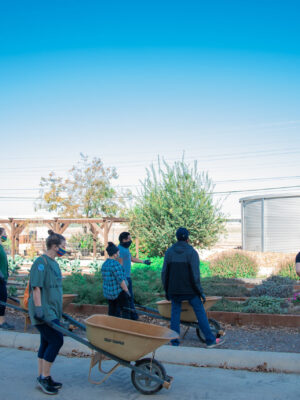
microBIOMETER® testing at Texas Food Bank
An interview with the San Antonio Food Bank who is using microBIOMETER® in their Farm and Garden Program. How are you using microBIOMETER®? We are using microBIOMETER to track the soil health on our farms, gardens and compost. This test allows us to understand if we are providing an environment
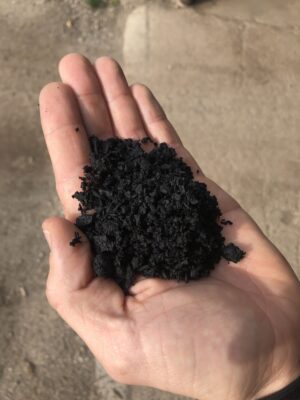
microBIOMETER® in Urban Soil Study
Effects of Humate and Organic Based Soil Treatments on Urban Soil Characteristics Zack Shier, Board Certified Master Arborist and Plant Health Care Manager at Joseph Tree Service, is utilizing microBIOMETER® in his study titled Effects of Humate and Organic Based Soil Treatments on Urban Soil Characteristics. Introduction to the study.
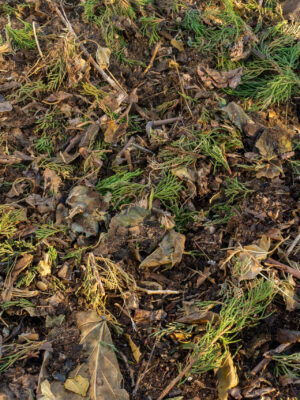
Fungal testing Johnson-Su Bioreactor compost with microBIOMETER®
This article was provided to us by Scott Hortop, a retired volunteer and now student of soil, located in the Ottawa Valley, Ontario, Canada. Scott wants to use his retirement to do one important thing for the climate. At ONfungi we own two microBIOMETER® soil testing kits which we use
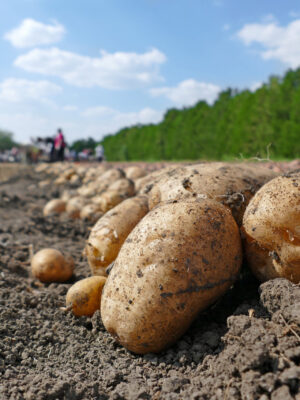
Soil research in Kenya with microBIOMETER®
Janet Atandi, a nematology PhD student in Kenya, is currently working on an assessment of banana fiber paper on soil health as part of a Wrap and Plant technology study. In brief, she is testing the long-term effect of using modified banana fiber paper to manage plant-parasitic nematodes and its
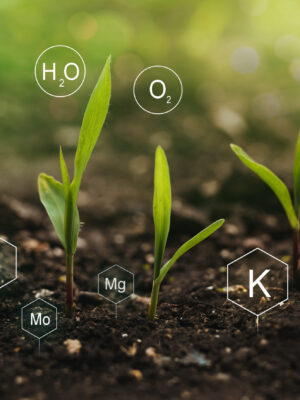
Are you increasing the nutrient value and disease resistance of your crop?
microBIOMETER® can tell you if you are increasing the nutrient value and disease resistance of your crop. A Rodale study showed greatly increased levels of the vitamins and minerals in sustainably farmed soils as opposed to mineral fertilized crops. And at Rodale, the sustainable practice yields are the same as

Nitrogen fertilizer study at Ursinus College
University study demonstrates legumes are more efficient at improving soil MBC than grasses Under the direction of Assistant Professor Denise Finney, Kylie Cherneskie, biology student at Ursinus College, conducted an experiment on the impacts of nitrogen fertilizer addition on soil microbial communities. Kylie measured microbial responses using microBIOMETER®. Click here
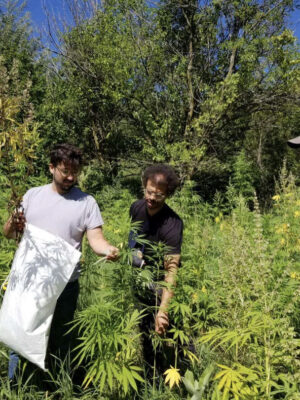
microBIOMETER® assists grower in selecting best fertilization regimens
Austin Arrington of Plant Group NYC performed a research study on hemp’s capacity to sequester carbon. Austin utilized microBIOMETER® in this research. We originally had the pleasure of meeting Austin through Indigo Ag’s Terraton Challenge. Plant Group is a fellow semi-finalist and alumni. Hemp has the promise of being a
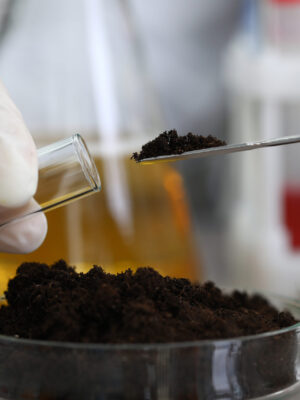
Study shows microBIOMETER® correlates with Chloroform Fumigation Extraction
Calibration of microBIOMETER® to units of µg microbial carbon / gram soil The gold standard of laboratory soil microbial biomass testing is Chloroform Fumigation and Extraction (CFE). The multiple steps, time, and labor involved with CFE require pricing at up to $500 per sample. CFE works by comparing the difference
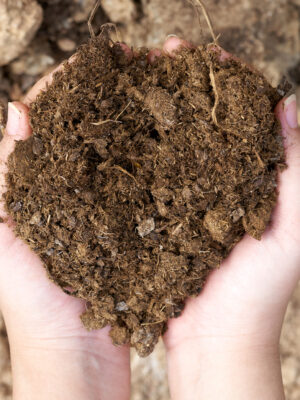
Things you need to know about the Fungal to Bacterial Ratio (F:B)
microBIOMETER® is the only non-laboratory test for F:B. The methods of measuring F:B ratio give very different values 1-11. The Gold Standard for estimating fungal biomass is microscopy, which calculates fungal biovolume. Note that microBIOMETER® detects the same range as microscopy- not surprising as it was validated by correlation with
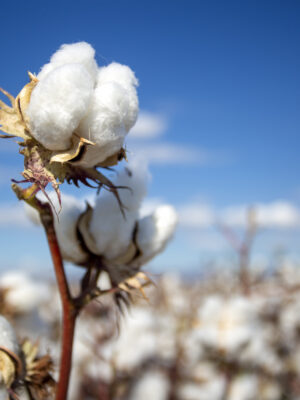
microBIOMETER® testing for soil health and yield stability
Nature article reports that microbial biomass estimates by microBIOMETER® correlates with soil health and yield stability. The microBIOMETER® soil test was used to report microbial biomass in a recent Nature publication*. Scientists Dr. Judith Fitzpatrick and Dr. Brady Trexler of microBIOMETER® collaborated with a University of Tennessee team headed by
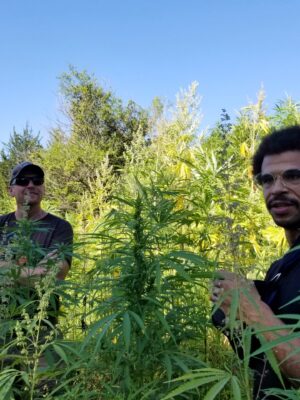
Soil testing at a hemp farm in Iowa
PLANT Group is a team of designers, engineers, and ecologists. The company is building systems to connect humans and nature. In the process, they are soil testing at a hemp farm in Iowa, Honeysuckle Hops & Hemp. First, through their partnership with Blue Forest Farms, the team at PLANT Group
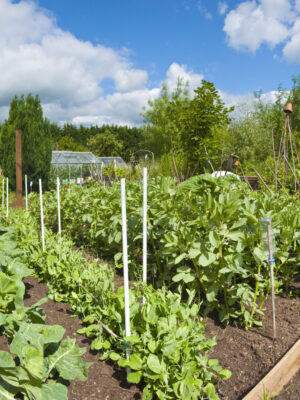
Community gardening with microBIOMETER®
Informal science education is a key for community engagement and healthy gardening. Community gardening brings numerous benefits such as fresh produce, therapy, physical exercise, reduction in grocery bills, improvement of mood among many others. “Last weekend I had the privilege to teach community gardeners on the importance of soil testing
